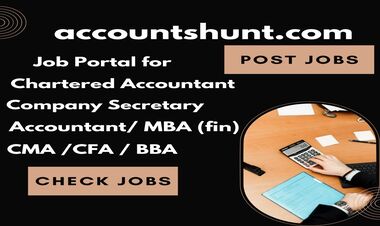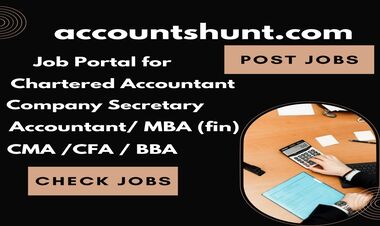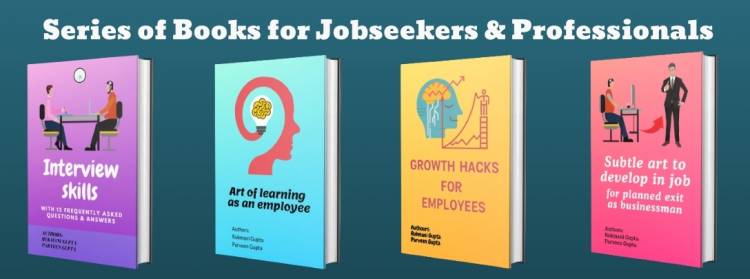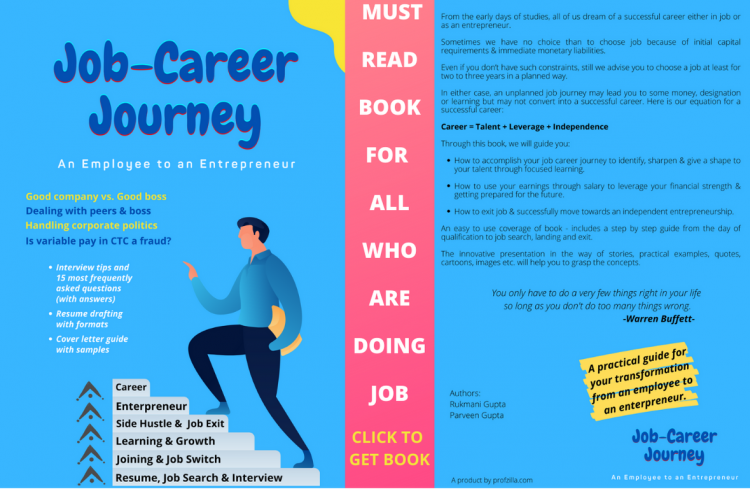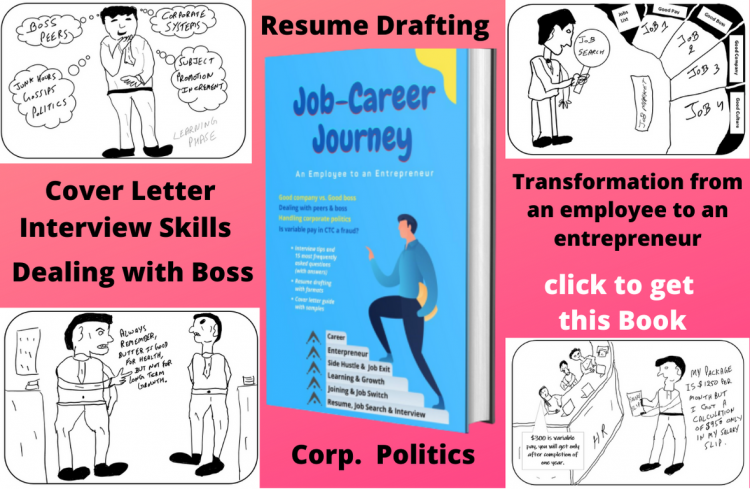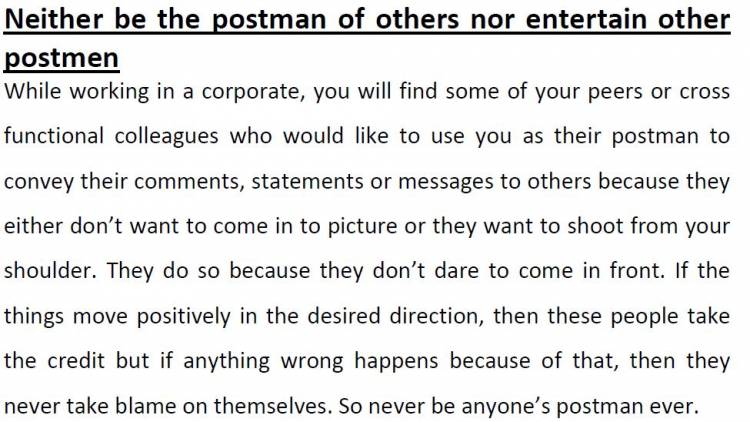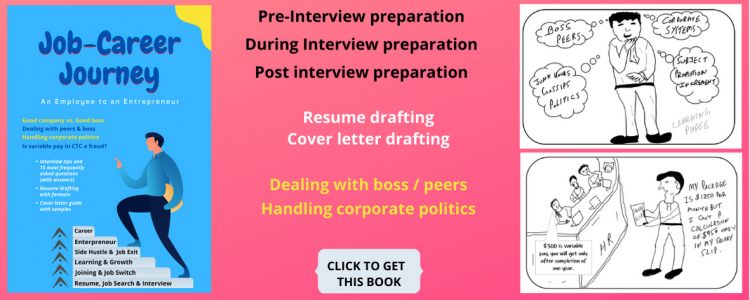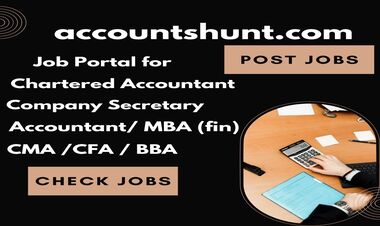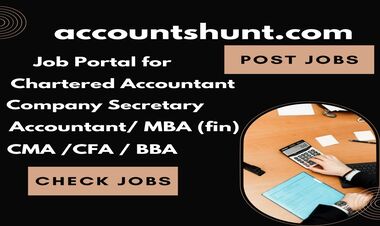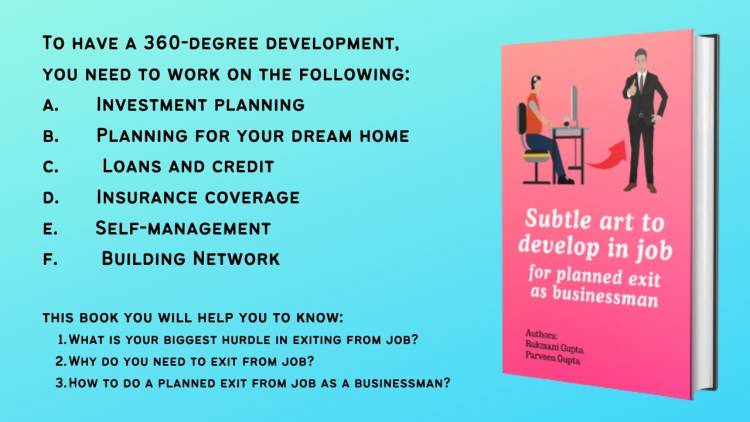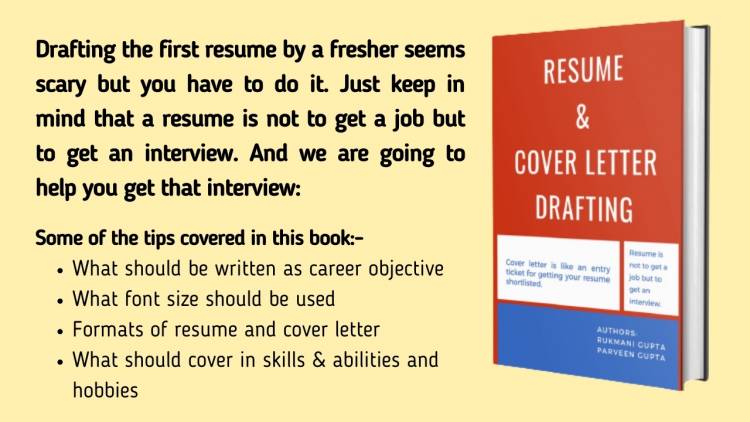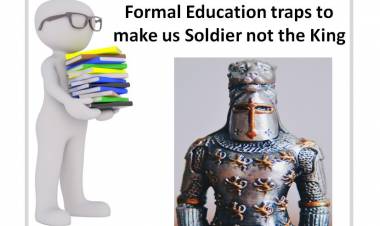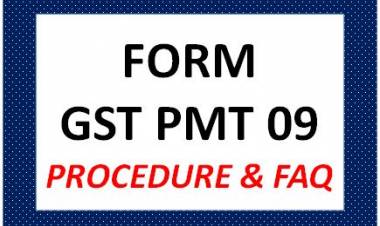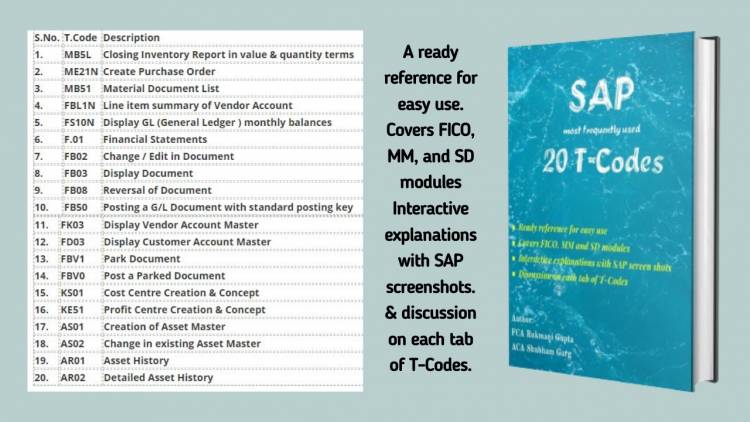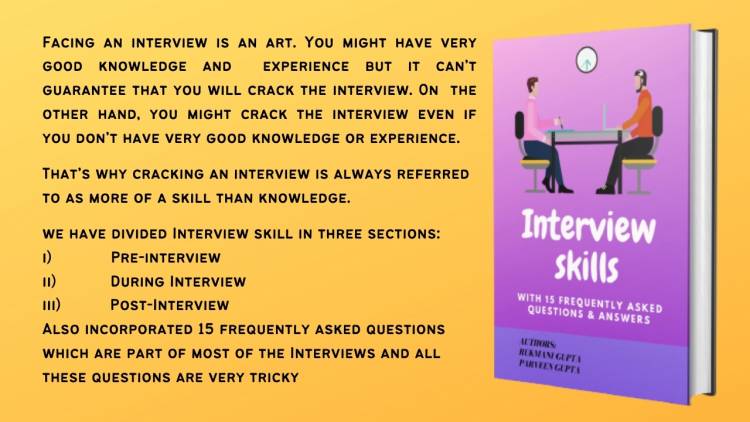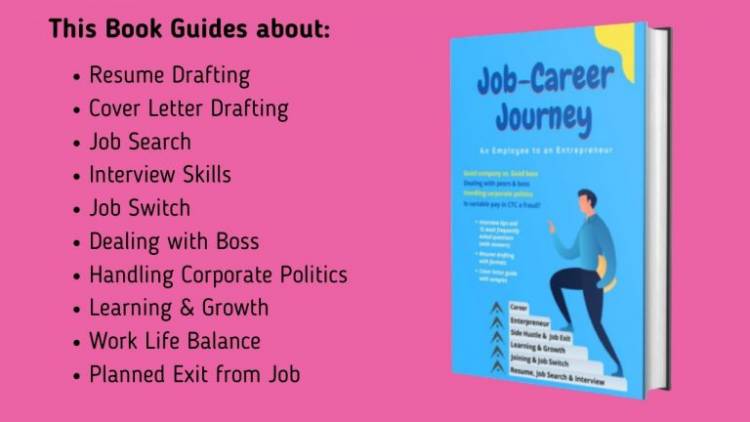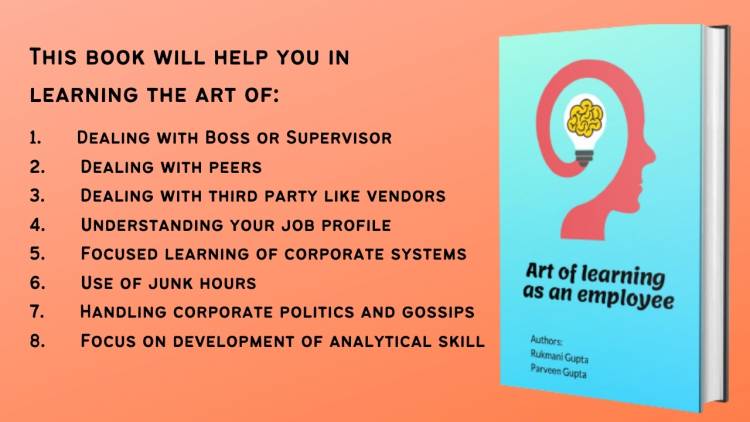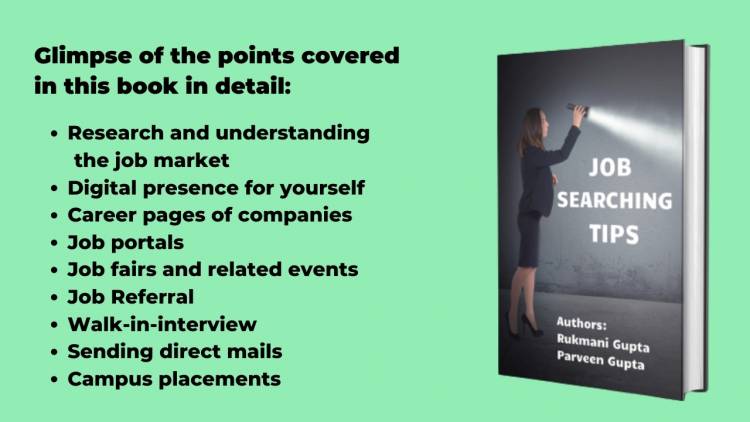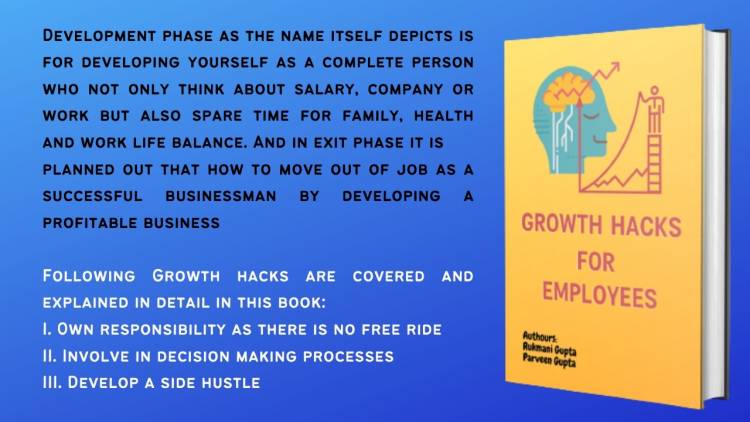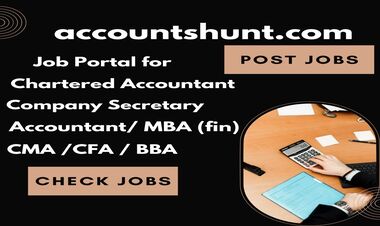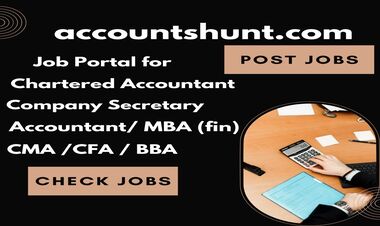During Interview what to do - to crack the interview successfully
While discussing Interview skill, we will divide this in three sections:
i. Pre-interview
ii. During Interview
iii. Post-Interview
(we will discuss these three in 3 articles, the first one Pre - Interview is discussed in a separate article, here is second one - During Interview)
ii. During Interview
What to do during an interview:
“Clothes don’t make the man, but clothes have got many a man a good job.”
- Herbert Harold Vreeland-
Your appearance does matter. Always wear formal dress – a suit with neck tie is most preferred (some IT companies have informal as dress code as an exception). Avoid informal cloths like jeans etc., wrinkled or bright coloured cloths. Ensure that your beard or moustache (if you have one) is nicely trimmed.
Females can wear a sari with blouse, suit or a skirt with dark colour like black, grey, navy blue or white. Accessories should be kept minimal. For professional look, can use blazer or a cardigan. Footwear should be low heels or leather flats and handbag should be of bit darker colour like black or brown matching with your shoes or other leather accessories.
DON’T FORGET TO WEAR THE CONFIDENCE.
Being late on the day of the interview itself creates negative first impression and might even lead to rejection. So pre-plan your travel route in advance and keep proper buffer in hand to avoid being late on the day of interview. This way you can avoid making unnecessary excuses and creating unwanted stress.
When you are in an interview, don’t try to be in someone else’s shoes. Always be yourself. Don’t try to copy anyone. Don’t try to speak a language you don’t know. Avoid any extravagance on all of the topics.
Don’t wait till you are in the interview room. Instead, be in the interview mode as soon as you enter the company premises; whether it is reception, cafeteria or waiting room. You might be under observation. Switch off your mobile well before your turn.
e. Greet the interviewer and shake hand
Enter the interview room with confidence and greet the interviewer with smile. Your hand shake will speak volumes about your confidence and self-respect. So make sure to shake hands properly.
f. Let the interviewer show you chair
Don’t be in a hurry to sit down in any chair in the interview room. Wait for the interviewer to show you a chair. This will depict your etiquettes and ethics in front of the interviewer.
Keep your mind free when you are in interview room. Don’t be distracted by any past event or thoughts in your mind. Listen carefully and maintain the pace of talking with interviewer. Don’t miss anything said by the interviewer so that he never has to repeat himself. But if you are genuinely unable to understand what the interviewer has said then do not hesitate in asking him again politely.
Your body language speaks a lot about you. Sit upright with a smile on your face and don’t hide your hands. The following gestures and activities are to be avoided for sure:
- Biting nails
- Shivering
- Wild hand or arm movements
- Touching your face or chin
- Scratching your head
- Crossing your legs
- Licking your lips
- Twirling your hair
- Tapping your foot
i. Make appropriate eye contact:
When you enter the interview room and also during the interview itself, avoid looking at the wall clock, paintings or floor or anything else but maintain a direct eye contact with the interviewer. This eye contact will create first communication with the interviewer and build your confidence.
Speak clearly and avoid mumbling because that shows your nervousness. If you don’t know any answer, then be honest. Speak calmly and without any hurry.
Sometimes, interviewers behave in a friendly way but you should avoid discussion on any inappropriate statement; specifically, on religion and politics.
In case questions have straight forward answers, give answers without diving into explanations or backstories.
Avoid single word responses.
k. Don’t shoot yourself in the foot:
While answering interviewer’s questions, don’t express self-doubts because that may be like shooting yourself in the foot. As an example:
Question: Can you work in SAP?
Answer: It’s not a big deal, almost all the softwares work the same, I will do it.
Interviewer doesn’t like to ride on bias and vague answers.
Instead you need to be a little bit honest and give a more convincing answer:
Answer you may give: I haven’t worked with SAP, but I have exposure to ERP, which I feel is quite similar to SAP, so with a little bit training, I can work.
l. Create rapport by using magic words
In your conversation, try to build rapport by using magical words like “we”, “us”, “our” instead of “I”, “me”, “mine” etc.
Question: To get real time position of sales on daily basis is a problem. How can you resolve this?
Answer: I understand that. I will do my best effort to create a procedure and my gut feeling tells me that my experience will help me doing that.
This type of answer might be interpreted in a way that depicts you as a self-centred person.
Suggested Answer: I understand that. Working together, we can solve this problem. I believe that we will successfully develop a procedure to overcome this problem based on our past experience.
These magical words are the words of inclusion, coordination and alliance and create a positive impact on the interviewer.
You can use other magical words also like team, team spirit, team player, I agree, I appreciate that, can you explain that further? etc.
m. Don’t spoil rapport by choosing ill-words / phrases
Use of following phrases spoils your rapport. Avoid them.
- You are wrong, you don’t know, you don’t understand,
- I am right, It wasn’t my fault, It wasn’t my responsibility, It wasn’t my business, I don’t care, I guess
- More or less, Some sort of, As you know
- No way, Absolutely not, Big no
Most of the time, interviewer gives you a chance to ask your questions, if any. Don’t shy away and ask your question if you have any doubt or query. Make sure you ask only specific questions relevant to your job or department. Like,
- What results exactly do you want me to achieve in this role?
- What would be my first project?
You can prepare a list of a few questions to ask, while doing research of company after getting an interview call.
Ask questions which help you in demonstrating your values by conveying your skills and ability along with giving you further information about the company and the job.
o. Notice buy signals and capitalise these:
When an interviewer starts taking interest and asks more details, that’s the buy signal. You might recognize these as:
- Explain more about your work profile
- Tell me more about yourself
- I would like to hear more about your experience of the …… project
You need to capitalise on these buy signals by climbing out of the back seat to the steering wheel. Explain the question asked keeping the company in mind, not yourself. Don’t get excited, you are still not hired. Be specific to the question and avoid self-praise and extravagant statements.
p. How to handle questions about salary?
- How much are you looking for?
- What is your expectation?
- What kind of salaries are you looking for?
This question often puts the candidate in dilemma. Because giving too high a figure might be a game over for you and if you quote a very low figure and are hired, you will keep blaming yourself each and every day you come to office.
So before going for an interview, always research the levels of package common with your field, position, and industry.
Give a smart answer and push the ball back to the interviewer’s court. Here’s a little show and tell for you-
“I expect a salary which is appropriate considering my qualification, experience and skills. I would like to know what figure you have in mind?”
And if interviewer still insists you to quote a figure, then never quote the exact amount rather give a range. To work out such a range, consider the minimum amount of salary you want. Let’s say $7000/- annual for demonstration purposes. For this amount, you can safely assert a range between $7000/- to $8000/- per annum.
q. How to handle problem solving questions?
Sometimes an interviewer may ask you some problem solving questions like:
- Can you make me buy your watch?
- If I am the least performer in my department, how would you fire me?
- If you have to interview me, then what would you like to ask me?
The best trick to handle such problem solving questions is that never jump to answer these right away. The purpose of these questions is to judge your attitude towards problems or understand how you respond to situations, what your approach is and ultimately how you handle the problem.
Let’s pick the first question:
Question: Can you make me buy your watch?
Answer: This watch is of a very popular brand ... An interesting fact about this watch is that it is named after the longest river in Asia, which also happens to depict its long life.
To connect with the interviewer, here you can ask him a question like: “What qualities do you look in a watch to buy?”.
Let’s suppose he says, “Design”.
So you can now explain more about the watch, “This watch is very famous because of its luxurious look with an affordable price and comfort while wearing. And this watch is designed by famous jewellery designer Mr……. . The owner of this watch would be proud to own this. Would you like to have a look and feel the comfort of wearing this watch yourself? “
So, purpose of this question here was not to sell your watch but to sell your skills.
r. Avoid nervousness of not getting through:
Sometimes during interview, because of the wrapping up behaviour of the interviewer, you may feel that most likely you are not going to be selected. At that moment, you mentally start feeling nervous and your confidence & interest level start going down, but it shouldn’t.
Because there can be many reasons for the interviewer to be in hurry and close the discussion as he might have another meeting lined up.
Many times, you are almost on the verge of selection, but lose the opportunity because of last minute nervousness and irritation.
Your interview can be good or bad but don’t forget to show your gratitude to the interviewer for his time by saying thanks with a hand shake. Your polite behaviour will build a positive image for you and might even help you to land the job.
Don't forget to grab a copy of "Job-Career Journey" the amazing book which guides about how to be #successful in your job-career and how to transform from an #EMPLOYEE to an #ENTREPRENEUR.
Click on the below link to grab the copy of the book:
 Download APP
Download APP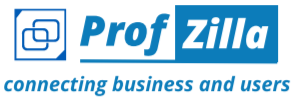
 P K Gupta
P K Gupta 
